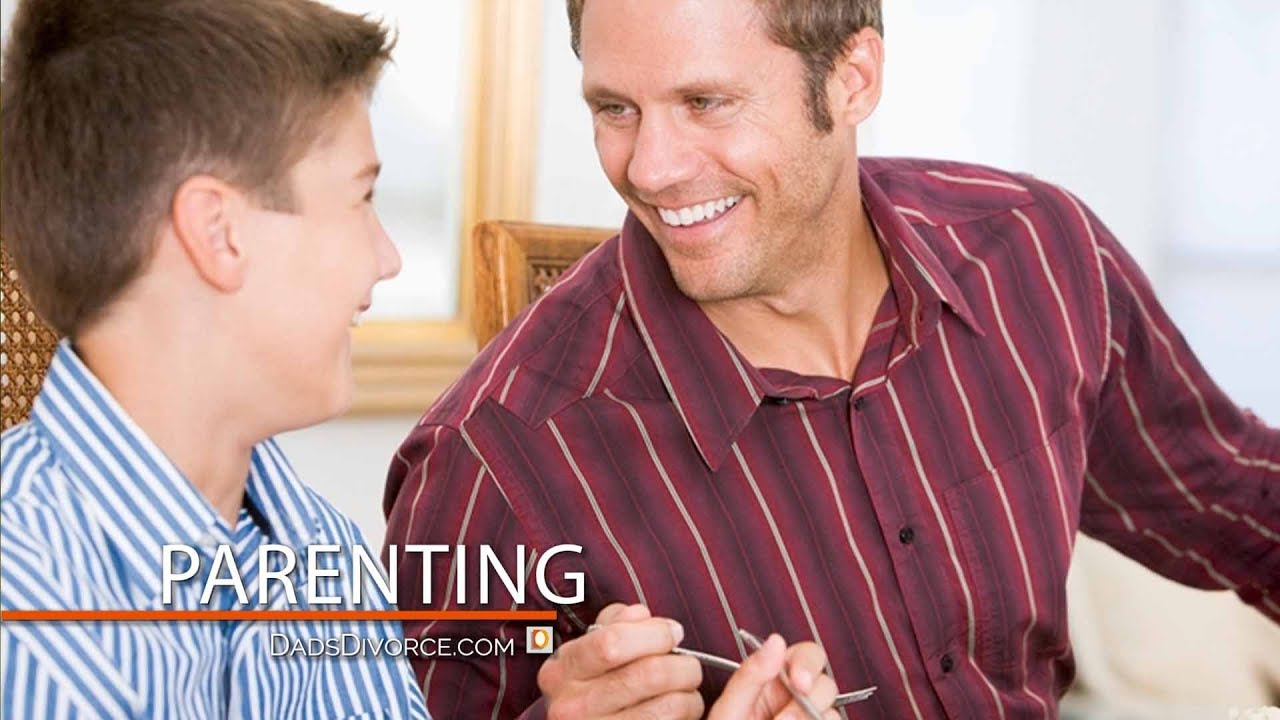4 Steps Women Should Take in Preparation for a Divorce
Whether your husband blindsided you with the
divorce or you initiated it yourself, divorce is simply never a walk in the park
for anyone. The process of unlinking two lives in itself can be complicated,
especially if you have children or a substantial amount of assets. As
such, you will want to be adequately prepared as you embark on your path
toward a new life, so you can avoid any nasty road bumps along the way.
Here are some helpful steps you can take to facilitate a smoother divorce:
1.Collect all pertinent financial records: Once you realize you are headed for a divorce, it is critical to begin
gathering and organizing your financial records. This simple step will
save you time and money. However, you should not keep these documents
at home, especially if there is animosity between you and your spouse.
Keep them in a safety deposit box, with your parents, or with a trusted friend.
2.Open a post office box: Another step you should take to keep your information secure and out of
the hands of your soon-to-be ex-spouse is to open a post office box. This
will provide much-needed security, allowing you to receive confidential
mail from your divorce attorney, or for any new credit cards or bank accounts
you recently opened.
3.Start saving money: Oftentimes, women are unable to access their funds because their husband
has control over shared funds. This immediately becomes a disadvantage
for a woman who is seeking a divorce since she cannot afford to hire legal
professionals or even pay for day-to-day expenses. If you are planning
to get a divorce, you should start setting some money aside for legal
fees and living expenses.
4.Obtain a copy of your credit report: Monitoring your credit is critical to ensure your husband is not dissipating
your marital assets or ruining your credit score. Signing up for a monthly
credit monitoring service will allow you to receive notifications anytime
there is a change in your credit history.
New York City Divorce Attorney
If you are in the process of obtaining a divorce, you are going to need
the skilled and experienced legal services of a New York City divorce
attorney. At Eiges & Orgel, PLLC, we have been effectively assisting
clients in the legal termination of their marriages for over three decades.
Contact our office today at
(347) 848-1850 to request a free case evaluation.




